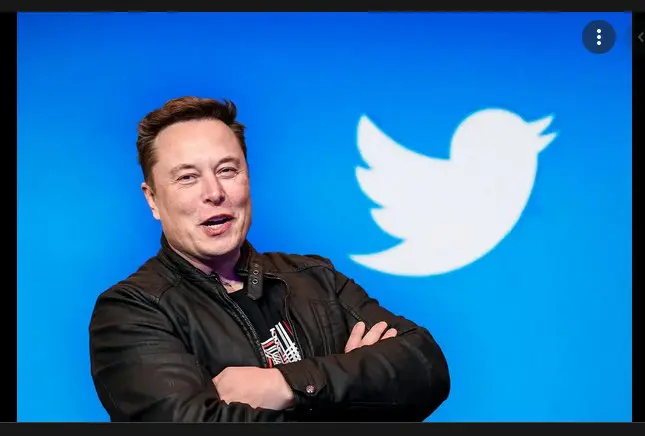
Following Elon Musk’s bid to acquire Twitter with an offer of $43 billion at $54.20 per share, Twitter’s board of directors has come up with a Rights Plan to thwart the takeover bid. Just two weeks ago, the tech billionaire acquired a 9.2% stake in Twitter to become its largest shareholder; he briefly accepted to be on the board of the company but turned down the offer later.
On Thursday, the SpaceX and Tesla CEOs offered to buy Twitter for $43 billion and then take it private to promote free speech. If Musk had joined Twitter’s board of directors, his stake in the company would have been limited to 15% so long he remained a director – and for 90 days after he vacates his seat as a director. And even at that, his tenure as a board member would have expired at the company’s annual meeting in 2014.
But in an apparent move, the board released the Rights Plan, which is known as a “poison pill” in financial circles. The plan, which expires on April 14, 2023, makes it possible for major Twitter shareholders to buy more stocks that have been discounted so that no one person will be able to exercise full ownership control over the company.
“The Rights Plan is intended to enable all shareholders to realize the full value of their investment in Twitter,” the company stated. “The Rights Plan will reduce the likelihood that any entity, person, or group gains control of Twitter through open market accumulation without paying all shareholders an appropriate control premium or without providing the Board sufficient time to make informed judgments and take actions that are in the best interests of shareholders.”
Although the Rights Plan expires next year, the Twitter board has the right to consider or accept another suitable proposal if they believe it will be in the best interest of the social media company.
While Musk had made it clear his $43 billion takeover offer was his “best and final” one, he told attendees at the TED Conference in Vancouver that there is a Plan B in place in case the Twitter board does not accept his proposal. He would not go into details, but he said earlier on his privatization agenda that “Twitter has become kind of the de facto town square. My strong intuitive sense is that having a public platform that is maximally trusted and broadly inclusive is extremely important.”










